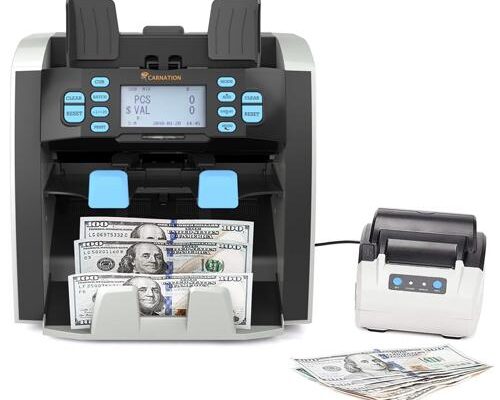Sole Traders Insurance : What Insurance does a Sole Trader Need?

Sole Traders Insurance: Heading a business alone comes with numerous perks. For starters, you get to be your boss and have as much occupational freedom as you allow yourself. However, as rosy as being a sole trader might seem, the job also brings with its hefty responsibilities. Fortunately, insurance can help lift the burden. Before we dive into the insurance options available for you as a sole trader, here’s why you should consider getting insurance in the first place:
- Protects your finances: Generally, the number one reason many businesses get insured in the first place is protection from financial setbacks. As a sole trader, most times, a lot of your business is run by your finances which is why it’s vital to get your business covered from the get-go. By subscribing to the right insurance packages, you’d be shielding your business from potential risks without having to break the bank.
- Bears costs in worst-case scenarios: When considering insurance for sole traders package, you want to make sure you’re fully covered if the worst came to worst. For instance, in the case of a fire or some sort of natural disaster, if you invested in an adequate building insurance package, you might be able to get your equipment completely replaced without having to bear the financial brunt.
- Covers potential personal risks: Apart from protecting your business and its tangibles, insurance options like personal injury or income protection help cover potential personal risks to you. So, if you were to get involved in an accident that made it impossible for you to get back to work, there are insurance options available to cover such costs.
- Protects in legal situations: Whenever you’re in the business of dealing with people, the chances of legal issues coming along are rather high. Suppose one of your customers were to sustain an injury or accident in your facility, and threatens to file a lawsuit, getting public liability insurance beforehand can help handle such a situation.
Now that you have a clear understanding of why you should ensure your sole trading business, here are a few insurance options to consider when getting started:
Income protection insurance
What happens if you were to get involved in a life-threatening accident? Or fall incredibly ill and be unable to get to work and pay your workers? These are real situations to consider as a sole trader, and it’s the reason why this type of insurance option is always advised. Income protection insurance (aka IP insurance) policies can provide financial support if you’re indisposed to work. This option pays up to 75% of your income in cases of illness or accidents that render you unable to work.
Standalone accident insurance
Standalone accident insurance is quite similar to IP insurance but differs in that this option solely covers accident cases. Many sole traders opt for standalone accident insurance as an alternative to IP insurance because it’s a lot cheaper, and has fewer requirements than its counterpart. Additionally, if your line of work involves a lot of manual labor that renders you more susceptible to work accidents, this option is a great fit for you.
TPD insurance
TPD insurance stands for Total and Permanent Disability insurance and this policy is to help support in instances of total and permanent disability owing to an illness or accident. This insurance involves the payment of a large sum of money, depending on your subscription and line of work.
Business protection insurance
There’s nothing more disheartening than losing your livelihood to disasters that could have been avoided. There are several business-protection options, and depending on whether or not you’re a product or service-based business, you may either register your business for:
Tool insurance helps protect your equipment from potential risks like theft, fires, or natural disasters. This type of insurance policy is vital for craftsmen and product-based businesses.
Professional indemnity insurance to cover you from a third-party claim. This is better suited for service-based businesses like law or accounting and covers legal costs in instances when you breached professional duty e.g. by providing flawed advice or leaking confidential information.
Depending on your line of business, you may also consider getting commercial motor insurance to cover your business’ transportation from possible damages as well.
Worker’s compensation insurance
If you’re a sole trader who employs others, it is mandatory in all American states to get a worker’s compensation insurance. This type of insurance protects your employees in instances of personal injury or property damage.
Public liability insurance
As earlier mentioned in the pros of getting insurance, public liability insurance is your go-to cover for lawsuits and compensation costs. In instances when a customer was to suffer damages or have an accident in or around your premises, this insurance policy can assist in softening the financial blow.
Conclusion
By preparing ahead for worst-case scenarios, you protect yourself and your business from potential risks in the long run. Make sure to carry out intensive research on whatever option you invest in, and have an in-depth understanding of all it is the packages entail and what is required of you.











